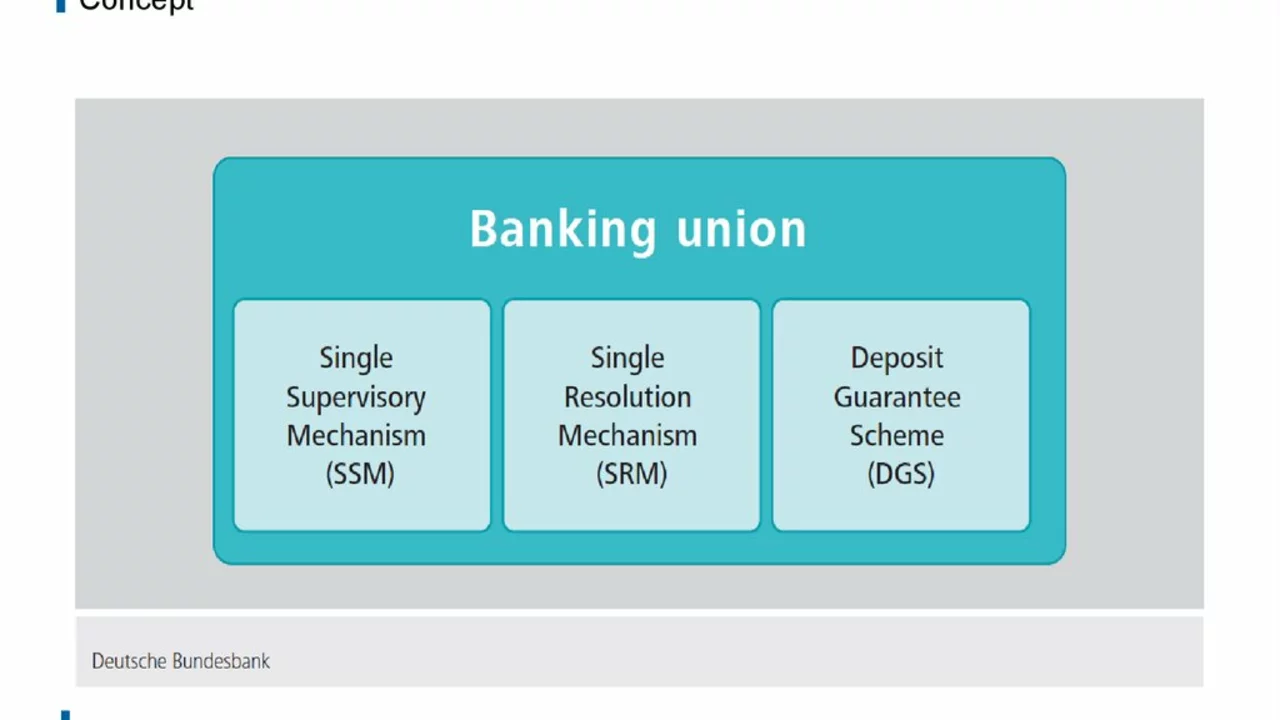Understanding the Basics: Banks vs Credit Unions
Let's start with the fundamentals: what are banks and credit unions? Banks are for-profit organizations owned by shareholders. They offer a variety of financial services, such as checking and savings accounts, loans, and credit cards. Credit unions, on the other hand, are not-for-profit organizations owned by their members. They also provide similar financial services like banks, but the main difference lies in their structure and purpose.
The Not-For-Profit Advantage of Credit Unions
Since credit unions are not-for-profit, they don't have to worry about making money for shareholders. Instead, they focus on providing benefits to their members. This often translates into lower fees, higher savings rates, and lower loan rates. Additionally, any profits they make are returned to members in the form of improved services or dividends. This member-centric approach is one of the key reasons why some people prefer credit unions over banks.
Personalized Service: A Hallmark of Credit Unions
Another great benefit of credit unions is their personalized service. As member-owned cooperatives, credit unions often foster a more personal relationship with their members. They usually have a strong community focus and are more likely to understand their members' needs and circumstances. This can result in a more tailored and friendly banking experience compared to larger, impersonal banks.
Democratized Decision-Making in Credit Unions
Credit unions operate on a 'one member, one vote' principle. This means each member, regardless of their account size or number of services used, has an equal say in how the credit union is run. This democratic approach contrasts with banks, where shareholders with more shares have more votes. This level of influence can make members feel more connected and invested in their credit union.
Accessibility and Convenience: The Strength of Banks
One area where banks often have an edge over credit unions is in terms of accessibility and convenience. Banks typically have more branches and ATMs, both locally and nationwide. They also tend to have more advanced online and mobile banking platforms. For those who travel frequently or prefer doing most of their banking digitally, this can be a significant advantage.
Understanding the Safety of Your Money
Regardless of whether you choose a bank or credit union, it's important to know that your money is safe. Both banks and credit unions are insured by federal agencies. Banks are insured by the Federal Deposit Insurance Corporation (FDIC), while credit unions are insured by the National Credit Union Administration (NCUA). Both provide coverage for up to $250,000 per depositor, per institution.
Considering the Product and Service Offerings
Both banks and credit unions offer similar financial products and services. However, the specifics can vary widely depending on the institution. Some credit unions may offer more competitive rates on savings accounts and loans, while some banks may offer a wider range of products and services. It's important to consider your specific needs and compare offerings from different institutions.
Is Any Credit Union Better Than Any Bank?
So, is any credit union better than any bank? The answer really depends on your individual needs, preferences, and values. Credit unions can offer more personalized service, lower fees, and member-focused benefits. Banks, on the other hand, can provide greater convenience, more accessibility, and advanced digital platforms. In the end, it's all about finding the right fit for you.
